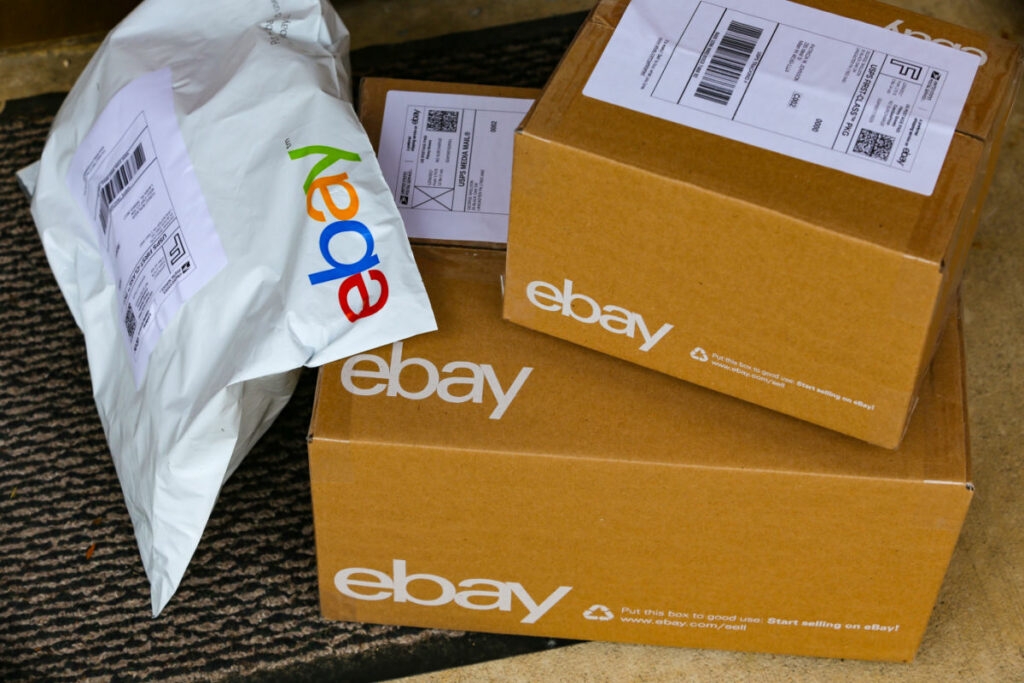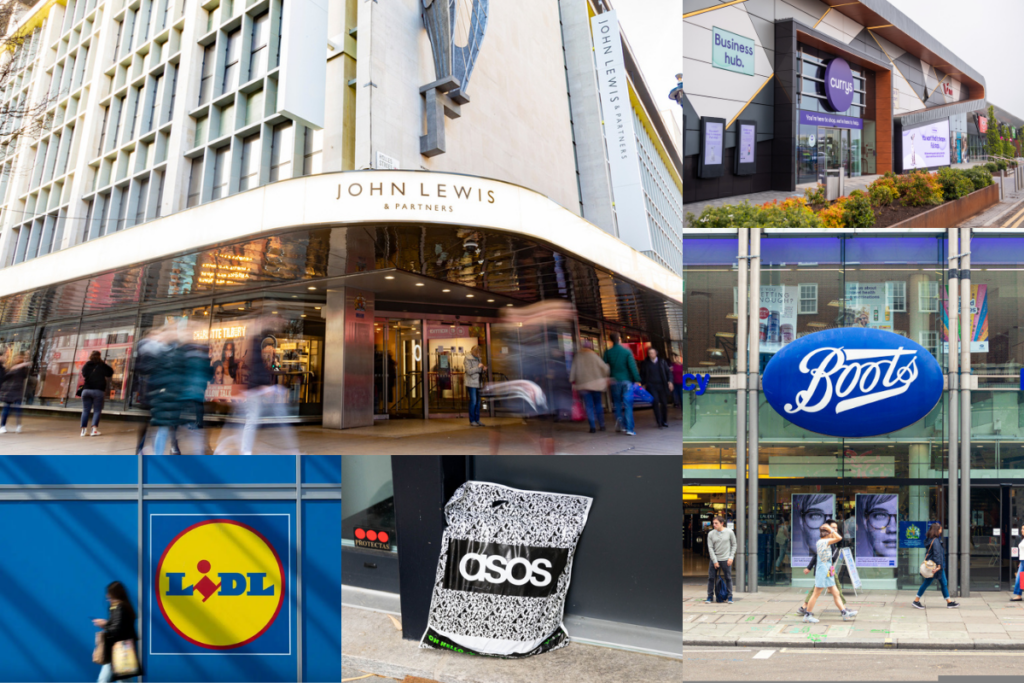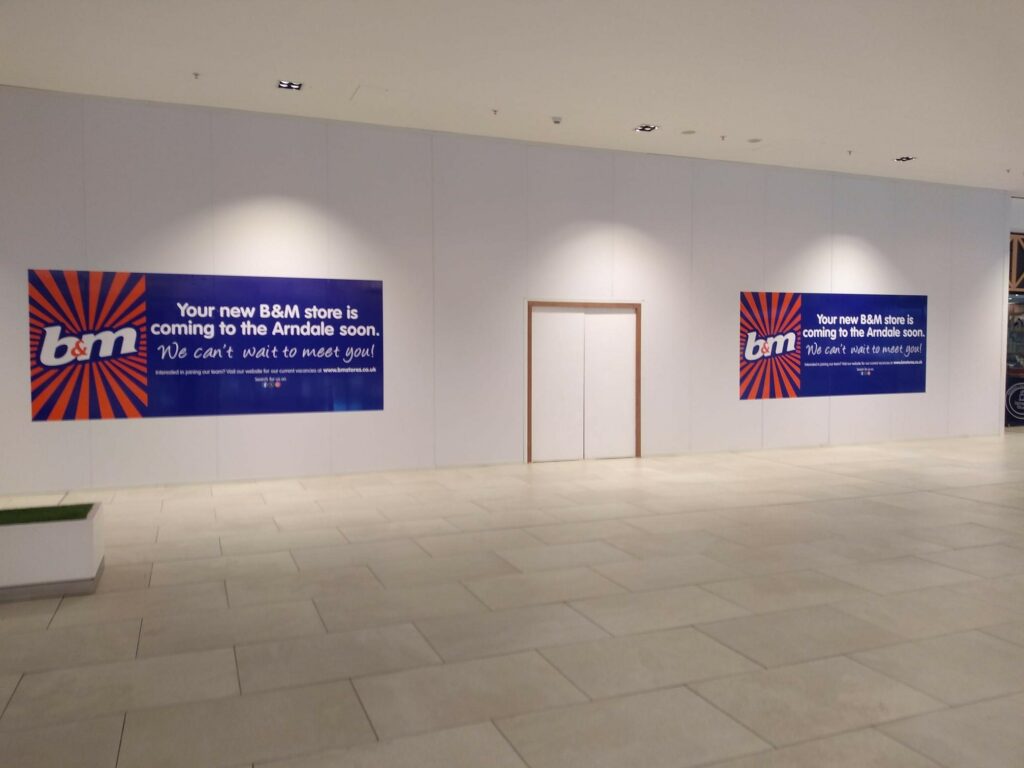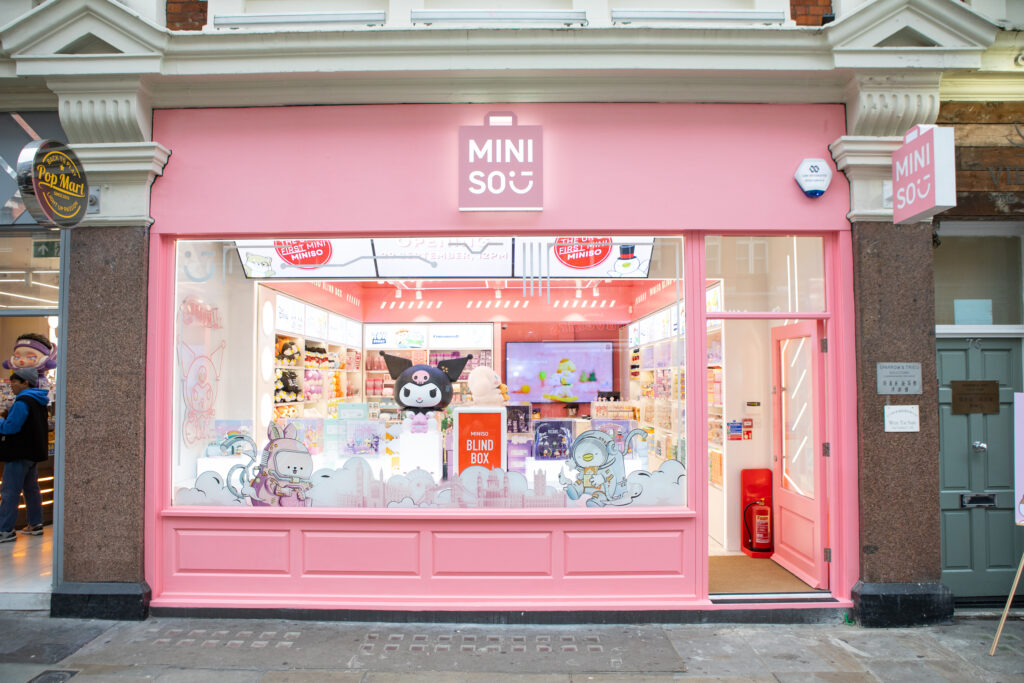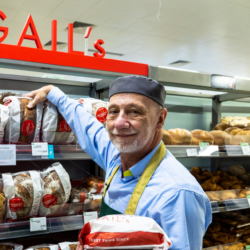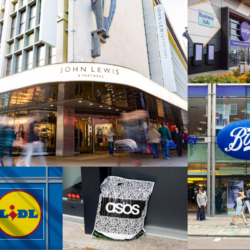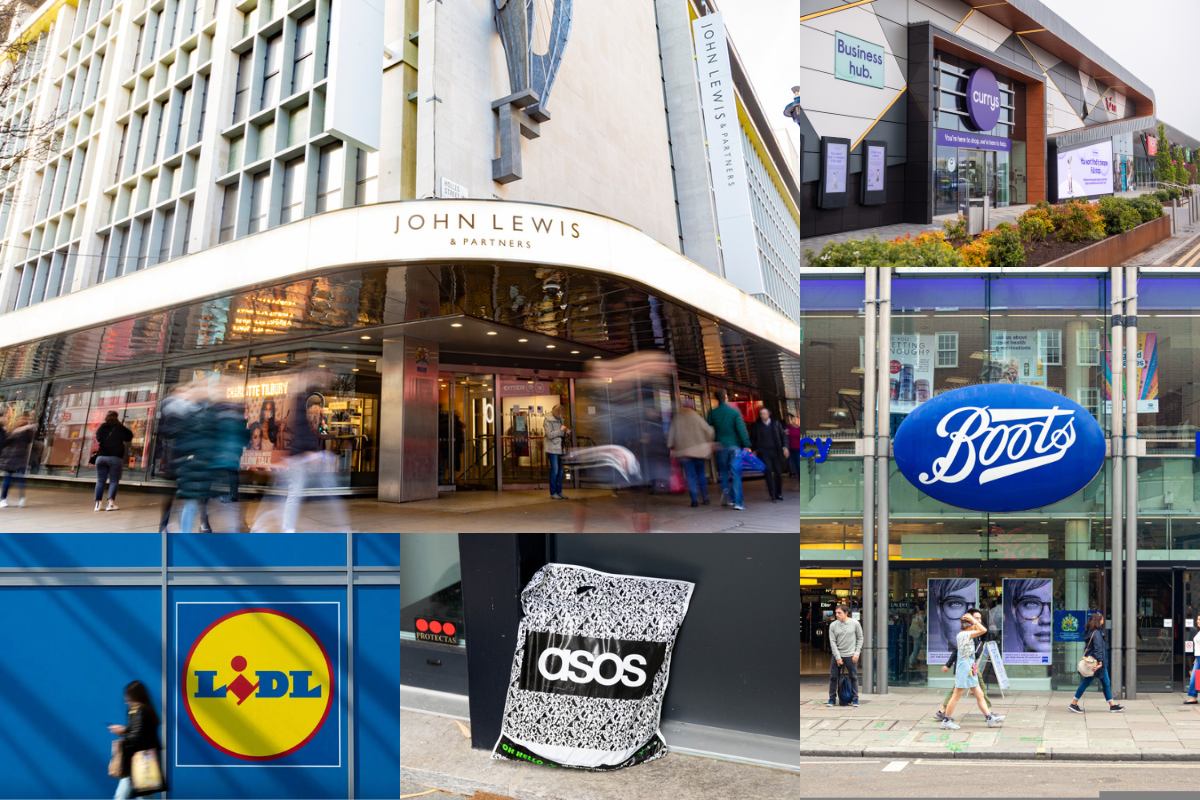Post-Brexit border checks on food and plant imports are to “add billions” to consumers bills, as well as 0.2% to food inflation over three years, according to industry figures.
European imports deemed a “medium risk” to UK biosecurity will be met with physical inspection from today (30 April), under a new border regime, adding more than £330m to annual business costs over three years, Sky News reported.
The checks come after years of pushbacks on the policy which was proposed after the Brexit vote eight years ago, and delayed five times in two years.
The move means plant and animal inspectors will examine a proportion of imported products, such as fresh meat and dairy produce, which importers worry will interrupt supply chains, especially for time-sensitive fresh products.
The checks arrive three months after the launch of new documentation for imports, such as health certificates requiring plant inspectors and vets to sign off consignments.
The government said this will add over £330m to annual business costs, as well as 0.2% to food inflation over three years, as importers are also set to face a charge for each consignment brought to the UK regardless of whether it is stopped for inspection.
However, the Cold Chain Federation believes these government predictions are low and estimates the cost to be in billions.
Subscribe to Retail Gazette for free
Sign up here to get the latest news straight into your inbox each morning
Speaking to Sky News, the company’s CEO Phil Pluck said: “We think there’s going to be a billion pound’s worth of extra cost put onto food coming through Dover port alone, if you expand that to the rest of the country you’re looking at all sorts of money, so it won’t be 0.2%, it will be substantially more than that and the consumer will see that increase.
“Restaurants, delicatessens, fish and chip shops could well be affected by what’s currently happening today and the consumer, in the very near future will start to see some of those food products going up in price.”
The government claims the checks are needed to prevent food and plant-borne diseases, such as African swine fever, from entering the UK, describing the cost of them as “negligible” compared to that of a major disease outbreak.
However, European importers insist the checks are of limited value since they replicate the EU processes the UK helped set up for four decades, and have used for the past eight years without additional processes.
In February, the government put forward legislation to stop post-Brexit checks on products travelling between Great Britain and Northern Ireland, affecting the Windsor framework Rishi Sunak signed with the European Union in March 2023.
Click here to sign up to Retail Gazette‘s free daily email newsletter



